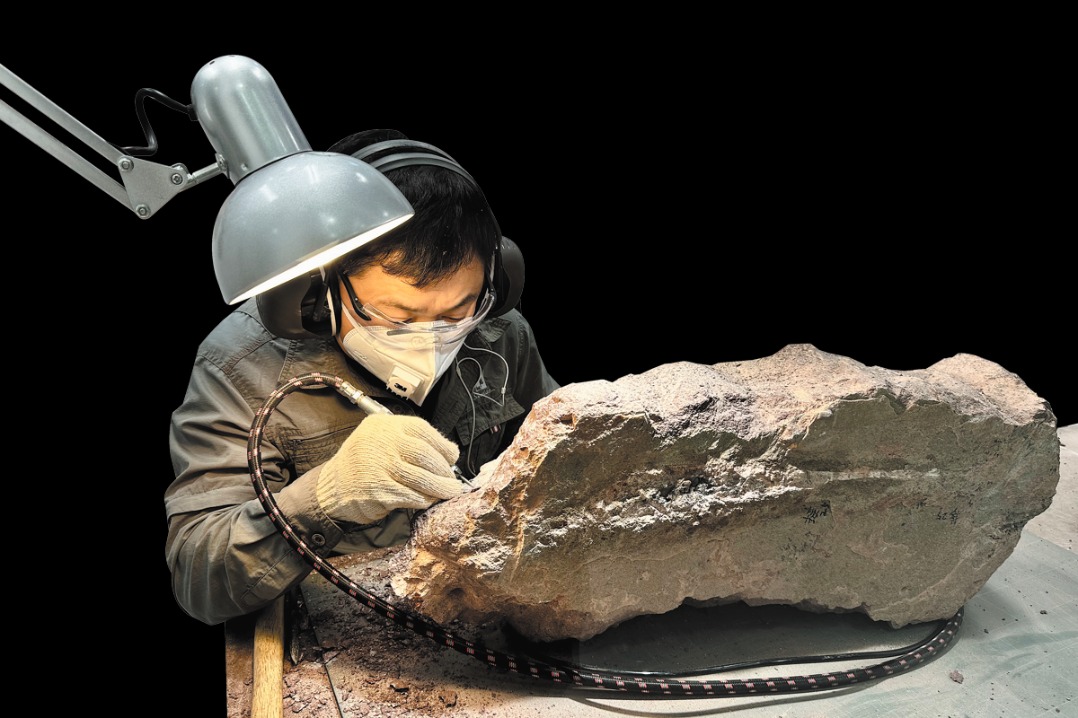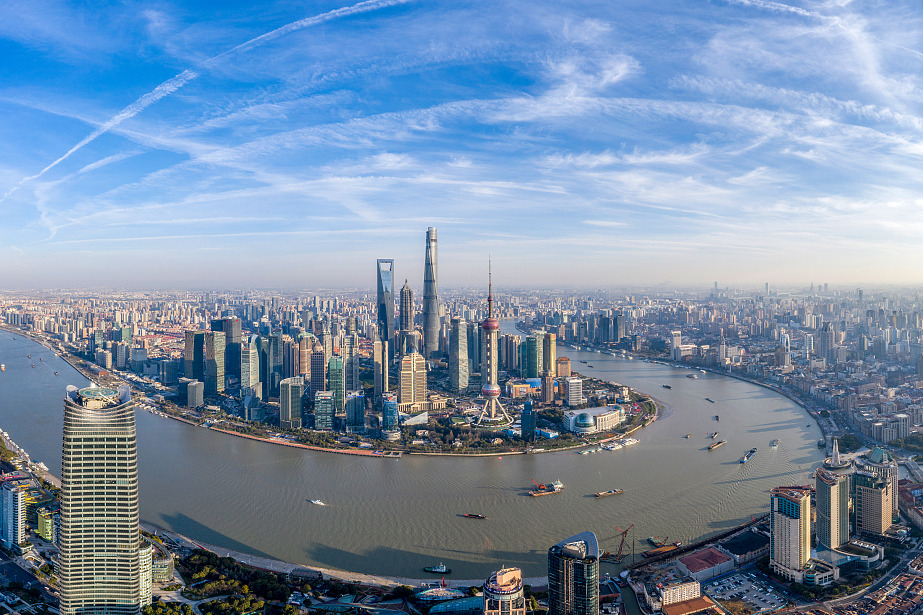Big screen should show the true picture

Editor's note: This article is part of the Preview Policy Report for the 2018 Beijing Summit of the Forum on China-Africa Cooperation, to be published by China Watch, China Daily's think tank.
Film is one of the most popular forms of culture which directly talks to people of different countries. The Chinese and Africans may not understand each other's language, but they can appreciate a film's content or message.
With the advantages of capital, technology and resources, Westerners have monopolized the global audience's imagination of China and Africa, and have long dominated the production, distribution and projection of films worldwide. In particular, some of their documentaries made direct attacks on China-African relations, such as Chinese Coming, a story about the Chinese living in Africa, or Chinese Mixed Sound, a story about Africans in China, which hyped so-called neo-colonialism and racism.
Reasonable criticism can lead to solutions to problems and advance social progress. But these documentaries are reports of individual cases – partial and could not show a panoroma. They totally ignore the fact that the vast majority of Chinese in Africa and Africans in China are diligent, positive and contribute to local socio-economic development.
Fortunately, the Chinese film industry and box office appeal have improved tremendously. Chinese filmmakers now have the access and ability to shoot abroad with their accumulated experience, skills and money to make a mark in the African market. The blockbluster Wolf Warriors II is a good example. The film’s quality matches that of Hollywood films, and the well-crafted plot hits the right notes.
The protagonist, Leng Feng, does business, drinks beers and plays football with Africans, drawing a vivid picture of Chinese-African interaction. Soon after a civil war breaks out, Leng is involved in an evacuation of overseas Chinese. After several confrontations with murderous rebels and their European mercenaries, he eventually succeeds in rescuing his compatriots, thus creating a Chinese-style patriotic hero.
A number of popular films about Sino-African relations reflect that the Chinese finally have created a positive image of Africans. They ended the European and American film monopoly, so that Chinese people no longer need to understand Africa via the pictures of Hollywood or other third parties.
But at the same time, China's narrative defects in Africa are also exposed. Influenced by Hollywood movies, the narrative employed is narrow and simplistic. For example, to portray Chinese-style heroes, films could highlight Africa's conflicts, or even turn whole African areas into theaters of war.
If the diverse societies of Africans are not highlighted, audiences will be left only with impressions of war, which further strengthen stereotypes of Africa. Globally, the defects in films as well as TV dramas are that the African images they present are obsolete in the context of a rising Africa. Although African-themed films may not be able to enter overseas markets in a short time like films from Europe and America, Chinese films can no longer be satisfied with only domestic audiences. As the world changes rapidly, Westerners' view of Africa is transforming too, represented by Black Panther, a brand new African image in American films.
For China it is imperative to narrate Sino-African stories in the form of co-productions. When shooting African in Yiwu, for example, I worked with African directors, photographers and musicians, and learned a lot from them. It is a good way to absorb the best talents from the African film and television industry, participate actively in planning, screenwriting, production and other aspects.
At the same time, we need to update our understanding of the history and current situation of African films and videos. Sino-African cultural exchanges have a long history that provides us numerous stories and legendary characters, from Zheng He to workers of the Tanzania railway, from China's medical aid teams to the Confucius Institutes.
Most importantly, we should shed limelight on the life of Africans in China and Chinese in Africa. The true, cross-cultural stories are always the most popular, and could promote mutual understanding.
Zhang Yong is director of Center for African Film and TV Studies at the Institute of African Studies, Zhejiang Normal University. The author contributed this article to China Watch exclusively. The views expressed do not necessarily reflect those of China Watch.
All rights reserved. Copying or sharing of any content for other than personal use is prohibited without prior written permission.

































